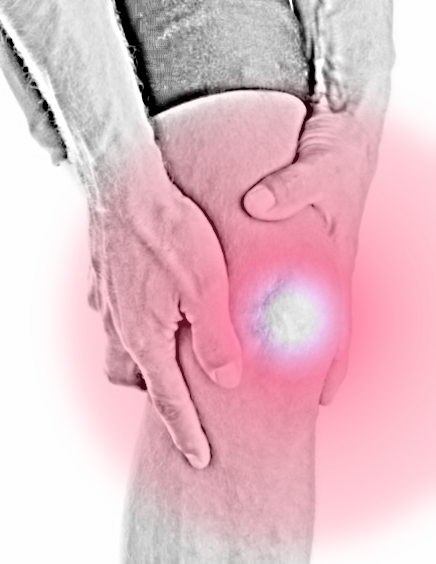No effect seen in Vitamin D for knees
 Australian research says Vitamin D does not help treat symptoms of knee osteoarthritis.
Australian research says Vitamin D does not help treat symptoms of knee osteoarthritis.
Despite years of good news on the benefits of Vitamin D, research at the University of Tasmania shows that neither helps treat the painful condition.
Symptomatic knee osteoarthritis occurs in 10 per cent of men and 13 per cent of women aged 60 years or older, and currently has no treatment apart from symptomatic pain relief or joint replacement.
A large scale clinical trial of treatments for knee osteoarthritis reveals that Vitamin D supplementation provides no help in reducing knee pain or slowing cartilage loss.
The study randomly divided 413 patients with symptomatic knee osteoarthritis and low Vitamin D levels into two groups. One group received a monthly oral Vitamin D treatment and the other an identical placebo.
The researchers found that vitamin D supplementation, compared with placebo, did not result in significant change in MRI-measured tibial cartilage volume or a measure of knee pain over two years.
There were also no significant differences in change of knee cartilage defects or change in knee bone marrow lesions, even though blood Vitamin D levels increased much more in the Vitamin D group than in the placebo group over the two years.
“This data suggests a lack of evidence to support vitamin D supplementation for slowing disease progression or reducing knee pain in knee osteoarthritis,” said study author Professor Changhai Ding.
“Our study is the largest in the world to examine the potential effect of vitamin D supplementation on knee osteoarthritis.”
The study has been published in the Journal of the American Medical Association.
Professor Graeme Jones, who leads the Musculoskeletal Health and Diseases research theme at the universitysaid it was important to remember that just because Vitamin D had not proved to be useful in the treatment of knee osteoarthritis, its importance in overall bone health was not in question.








 Print
Print